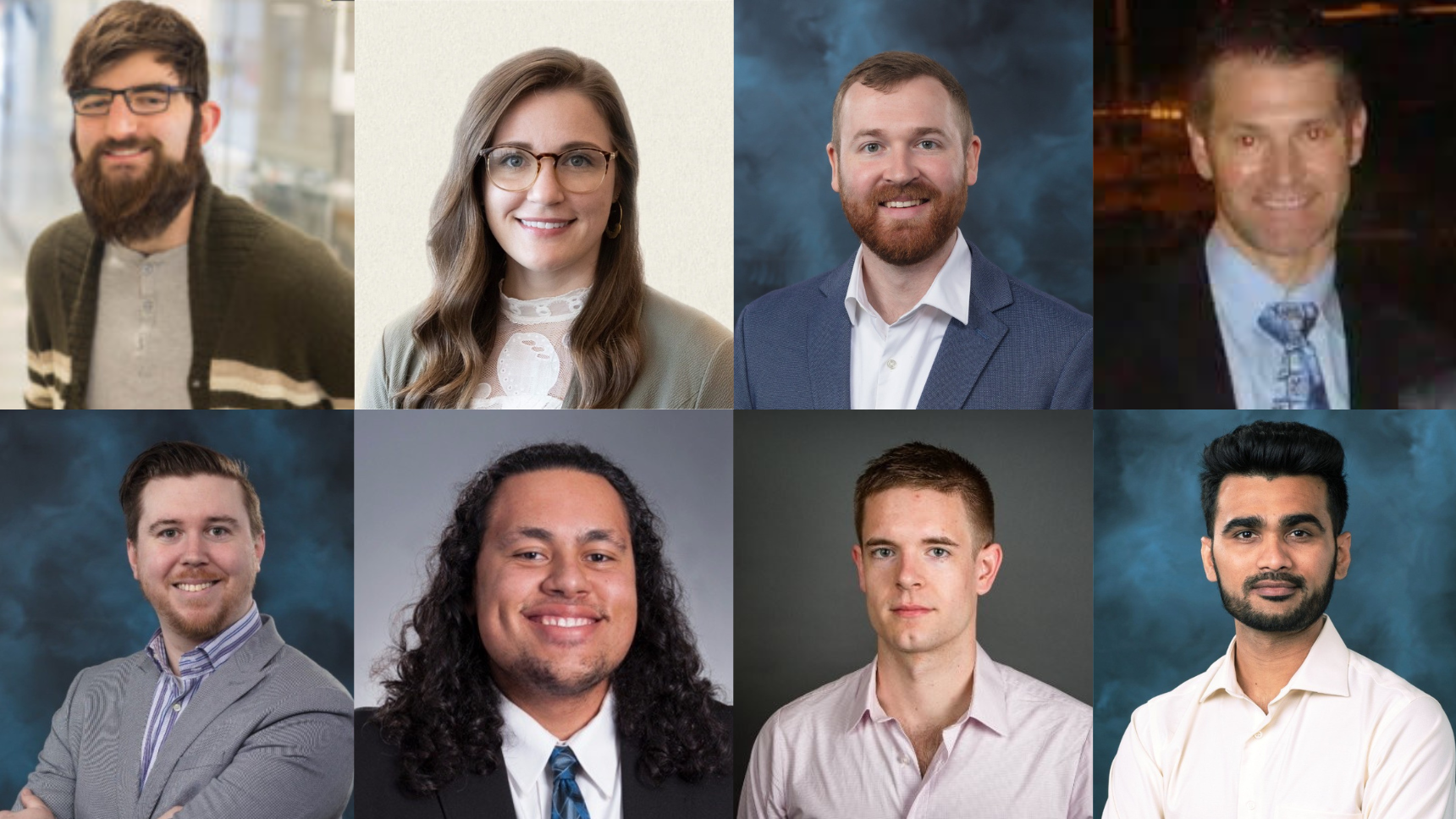
DOE announces new 2024 cohort for the “Innovation Crossroads” program at ORNL
The DOE selected eight fellows, half from the Knoxville region.
The U.S. Department of Energy (DOE) announced the latest cohort of “Innovation Crossroads” at the Oak Ridge National Laboratory (ORNL). It is part of the DOE’s Lab-Embedded Entrepreneurship Program (LEEP), which hosts cohorts of innovators in four U.S. national laboratories.
Since the genesis of the program in 2015, 153 LEEP start-ups have attracted $2.73 billion in follow-on funding and created over 2,343 jobs nationwide.
In East Tennessee, we also see the effects of those trends. In April, Program Director Dan Miller shared that the 38 start-ups involved in Innovation Crossroads have raised $176.1 million in outside funding. Additionally, at least 14 of the 25 elected to remain in the region after completing the program (see teknovation.biz article).
This year, DOE received quality applications for the “Innovation Crossroads” program from innovators as close as Knoxville and as far as Meridian, Idaho. In fact, four of the eight – the largest cohort in the history of the “Innovation Crossroads” program – came from the Knoxville region.
Meet the eight new fellows:
Adam Stevens
Stevens is from Lenoir City, and he is studying combined automation and additive solutions for reshoring metal casting. He is currently on staff at ORNL and devotes his time and energy toward problem-solving for low-cost, low-emissions methods for metal manufacturing. Stevens received his bachelor’s degree from the University of Michigan, and his master’s and doctorate in mechanical engineering at MIT. His start-up is called American Industrial Base Corporation.
Brian Iezzi
Iezzi is from Asheville, North Carolina, and he is studying integrated photonic fiber barcodes for unique and durable digital labeling. He has more than ten years of experience in the textile manufacturing and materials industry. To date, he has helped raise $175,000 in state and federal grants to support the development of Fibarcode. Iezzi received his bachelor’s in textile manufacturing from North Carolina State University and a doctorate in materials science from the University of Michigan. His start-up is called Fibarcode.
Jordan Cannon
Cannon is from Knoxville, and he is studying the integration of enzymes into Poly-L-Lactic Acid for enhanced biodegradability. His research efforts as a Ph.D. student at the University of Tennessee, Knoxville (UTK) focused on the identification, characterization, and protein engineering of bacterial enzymes. Cannon’s goal is to apply his research to reduce plastic waste and help create a sustainable circular economy for PLLA. His start-up is called Circular Biosciences.
Katy Bradford
Bradford is from Decatur, Georgia, and is studying bio-based extruded wall and floor system panels. She is currently an IBUILD fellow with the DOE Building Technologies Office, researching sustainable construction materials for 3D-printed housing. Bradford has more than five years of experience in the construction industry and is passionate about reducing the carbon footprint and making housing in the U.S. more affordable. Her start-up is named Cassette Construction.
Kevin Roccapriore
Roccapriore is from Knoxville and is researching scalable atomic quantum computer systems. He is on staff at ORNL and has been focused on combining the scanning transmission electron microscope with machine intelligence and custom hardware control to automate and control the interaction of the electron beam with matter at the atomic scale. Roccapriore received his bachelor’s from the University of Florida, and both his master’s and doctorate from the University of North Texas. His goal with his start-up, AtomQ, Inc. is to target matter and literally manipulate it atom by atom.
Nicholas Sokol
Sokol is located in Knoxville where he specializes in democratized fertilizer and enhanced carbon capture. He was previously a participant in the “Spark Cleantech Accelerator,” among other area programs like the 2023 edition of the “Cultivate Appalachia Bootcamp” with his start-up, Algaeo. Sokal has a background in geography and atmospheric science. He hopes to bring automation and efficiency increases to the agricultural sector with his technology while providing gigaton-scale absorption of carbon dioxide, which would in turn increase efficiency for farmers in the United States.
Tim Vosburgh
Vosburgh is moving from Meridian, Idaho to continue his story of rechargeable Zinc-Ion batteries for energy storage. His company is called Colulomb Technology. Vosburgh is an industry veteran with nearly 30 years of experience in electronics and contract manufacturing. His specialty is battery technologies.
Vinit Chaudhary
Chaudhary is located in Knoxville, is working on advanced nonwoven materials for composites. His company, Aligned Composites Technology, is a spin-off from UTK, and was recognized by receiving one of the inaugural UTK Chancellor’s Innovation Awards. Chaudhary also participated in the 2023 “Spark Cleantech Accelerator” operated by the UT Research Park,
In addition to the eight “Innovation Crossroads” entrepreneurs who will begin their two-year Fellowship in August, the LEEP program also announced:
- Fourteen new Fellows at Cyclotron Road at Lawrence Berkeley National Laboratory;
- Five at Chain Reaction Innovations at Argonne National Laboratory; and
- Six at the newest program, West Gate at the National Renewable Energy Laboratory.
LEEP is managed and funded by DOE’s Advanced Materials and Manufacturing Technologies Office with additional funding from the Office of Energy Efficiency and Renewable Energy’s Industrial Efficiency and Decarbonization Office, Bioenergy Technologies Office, Building Technologies Office, and Solar Energy Technologies Office, along with DOE’s Office of Fossil Energy and Carbon Management, Office of Electricity, and Office of Science.
Like what you've read?
Forward to a friend!

